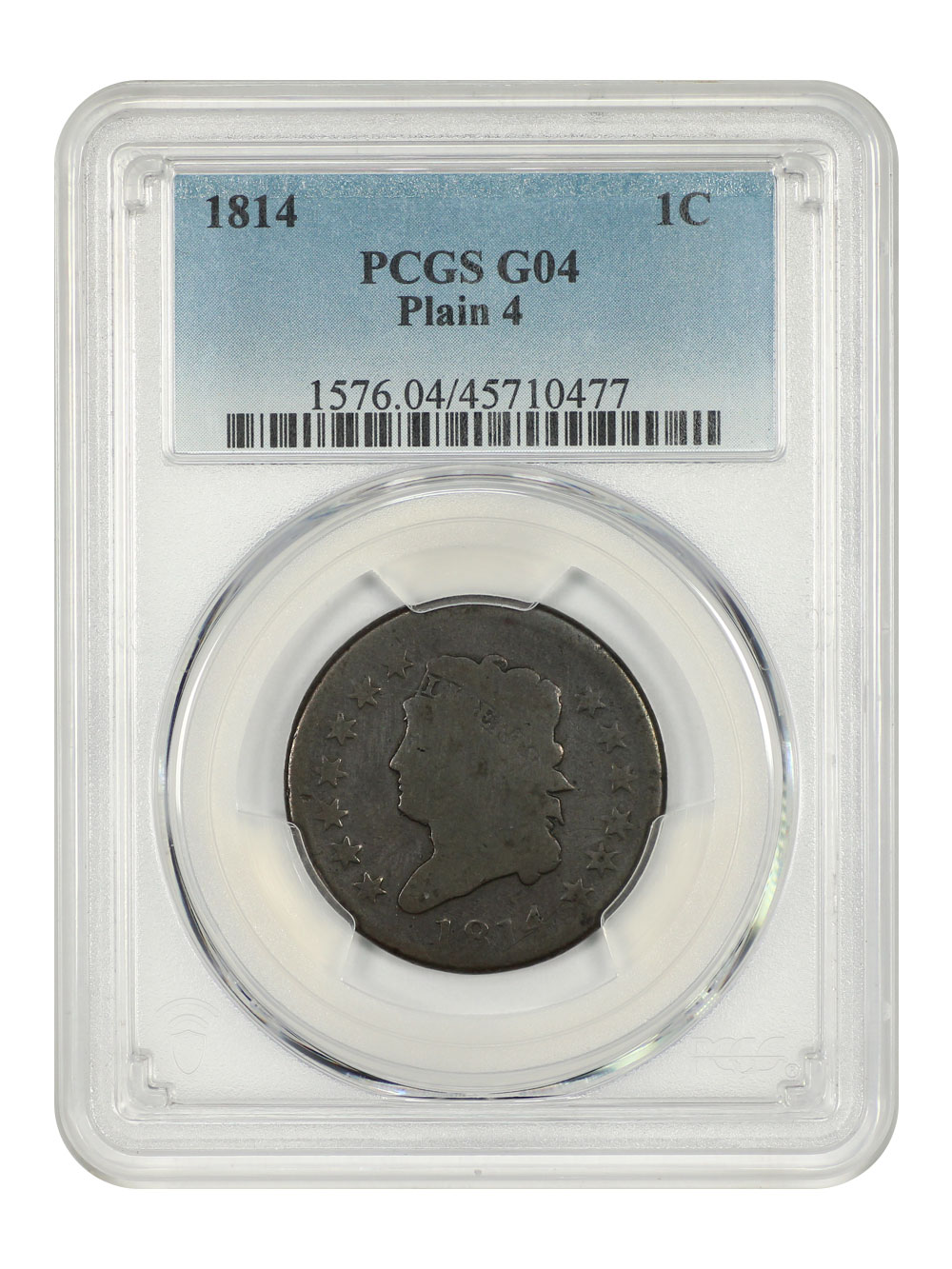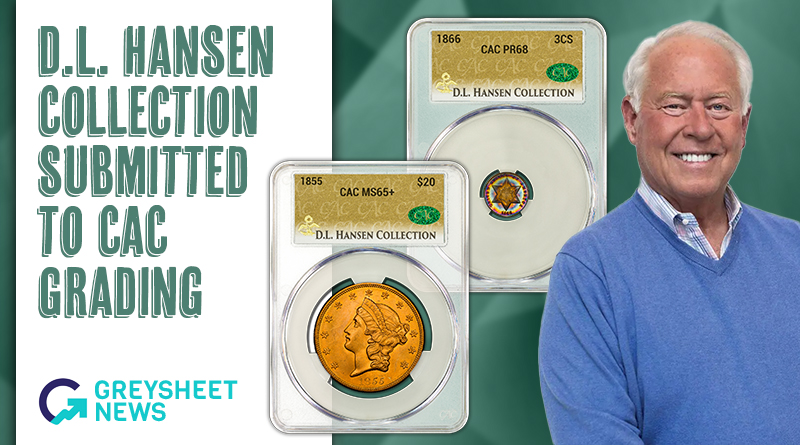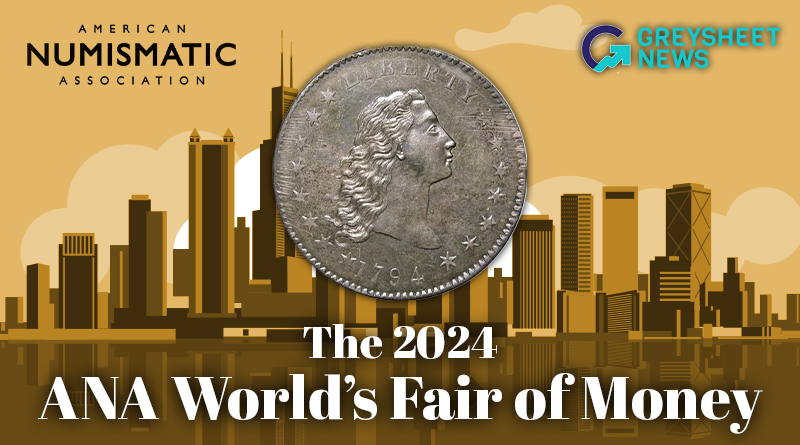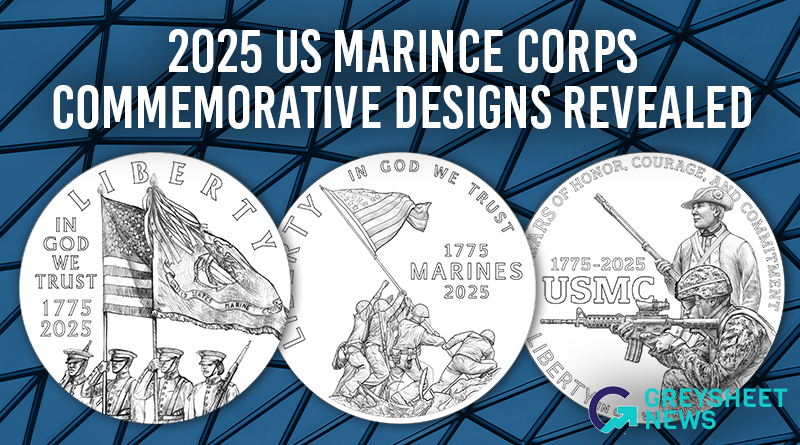Greysheet & CPG® PRICE GUIDE
- U.S. Coins /
- Large Cents /
-
1813 Classic Head Large Cent Values
About This Series
There are several types of large cents, including:
- Flowing Hair with Chain reverse (1793)
- Flowing Hair with Wreath reverse (1793)
- Liberty Cap (1793)
- Liberty Cap (1794-1796)
- Draped Bust (1796-1807)
- Classic Head (1808-1814)
- Coronet Head (1816-1839)
- Braided Hair (1839-1857)
Furthermore, early American copper specialists catalog several subtypes within each of the major types listed above, and recognize dozens of varieties among many of those types. United States large cents collectively represent one of the most complex areas of American numismatics, spawning what became one of the most iconic coin books of all time: Penny Whimsy, a book by Dr. William Herbert Sheldon that was originally published in 1938 under the title A Revision of Early American Cents, 1793-1814: An Exercise in Descriptive Classification with Tables of Rarity and Value. Sheldon's book spawned the numerical coin grading system utilized by virtually all dealers and collectors in the United States since the mid-20th century.
Important Note Regarding Early Copper Pricing: Early American copper issues (colonials, half cents and large cents) are an especially challenging area to determine and fix accurate market values. The issues listed in CDN publications represent the wholesale prices of coins that are problem free and strictly graded, especially as they compare to other examples of the same issue. Any number of factors can influence (decrease or increase) the value of early large cents, including mint-made problems (planchet flaws, poor strikes, etc.) and post-mint problems (corrosion, improper cleaning, environmental damage, and more). The prices listed here are intended to serve as a guideline and starting point for discussion and negotiations of valuation, but the CDN editors strongly encourage buyers to seek expert advice in this field before purchasing coins of high value.
Catalog Detail
Legal Disclaimer
The prices listed in our database are intended to be used as an indication only. Users are strongly encouraged to seek multiple sources of pricing before making a final determination of value. CDN Publishing is not responsible for typographical or database-related errors. Your use of this site indicates full acceptance of these terms.
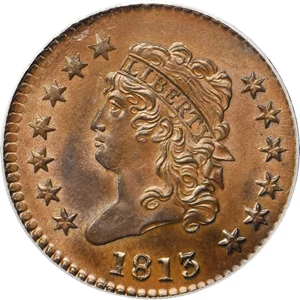

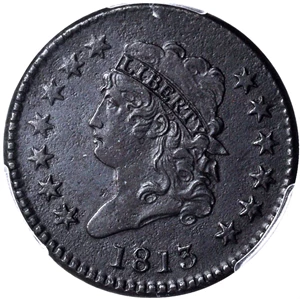
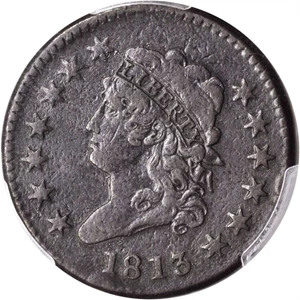
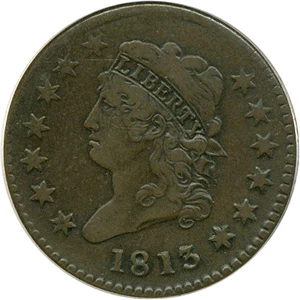
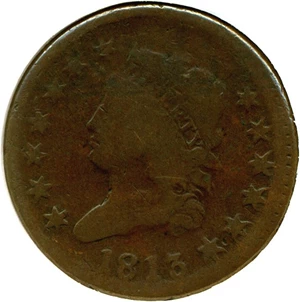
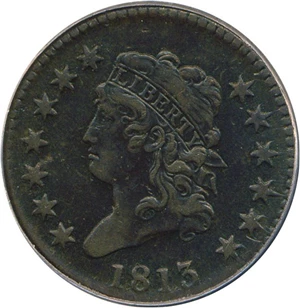
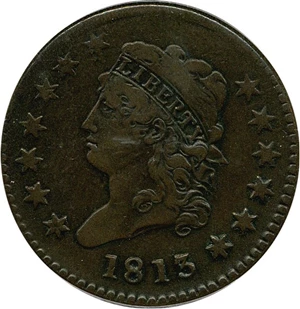

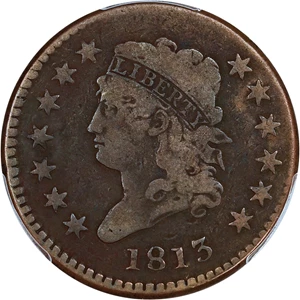
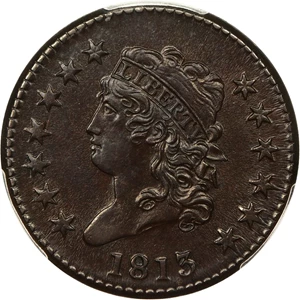
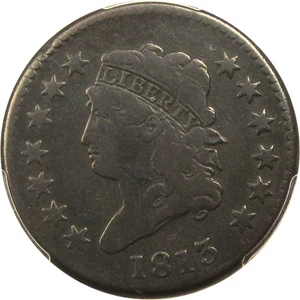
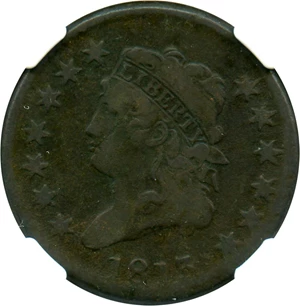
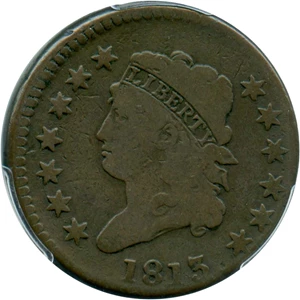
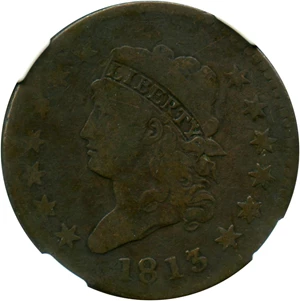
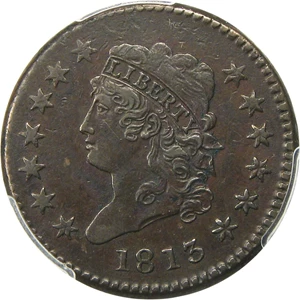
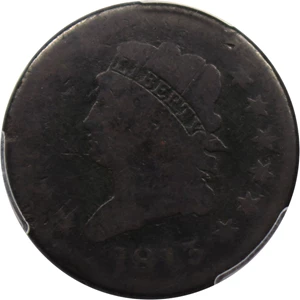
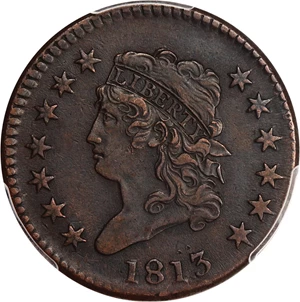
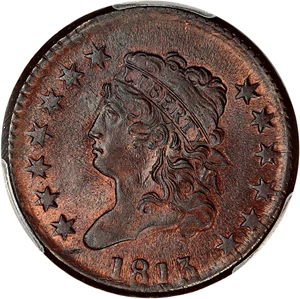
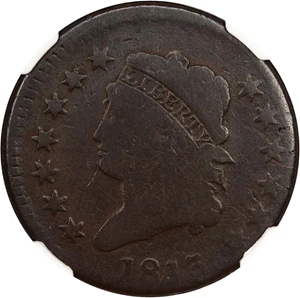
| Classic Head Large Cents (1808–1814) | Value Range | Favorite | |||
|---|---|---|---|---|---|
| Classic Head Large Cents (1808–1814) | Value Range | ||||
|
$95.00
-
$115,000
$95.00 - $115,000
|
||||
|
$95.00
-
$115,000
$95.00 - $115,000
|
||||
|
$95.00
-
$115,000
$95.00 - $115,000
|
||||
|
$72,000
-
$90,000
$72,000 - $90,000
|
||||
From the Greysheet Marketplace
Auction Ends: 10/6/2025
Auction Ends: 10/6/2025
Auction Ends: 10/6/2025
Auction Ends: 10/6/2025
Buy Now: $161.88
Buy Now: $208.13
Auction Ends: 10/6/2025
Auction Ends: 10/6/2025
Auction Ends: 10/6/2025
Auction Ends: 10/6/2025
Related Stories (powered by Greysheet News)
View all news
Greysheet Catalog Details
There are several types of large cents, including:
- Flowing Hair with Chain reverse (1793)
- Flowing Hair with Wreath reverse (1793)
- Liberty Cap (1793)
- Liberty Cap (1794-1796)
- Draped Bust (1796-1807)
- Classic Head (1808-1814)
- Coronet Head (1816-1839)
- Braided Hair (1839-1857)
Furthermore, early American copper specialists catalog several subtypes within each of the major types listed above, and recognize dozens of varieties among many of those types. United States large cents collectively represent one of the most complex areas of American numismatics, spawning what became one of the most iconic coin books of all time: Penny Whimsy, a book by Dr. William Herbert Sheldon that was originally published in 1938 under the title A Revision of Early American Cents, 1793-1814: An Exercise in Descriptive Classification with Tables of Rarity and Value. Sheldon's book spawned the numerical coin grading system utilized by virtually all dealers and collectors in the United States since the mid-20th century.
Important Note Regarding Early Copper Pricing: Early American copper issues (colonials, half cents and large cents) are an especially challenging area to determine and fix accurate market values. The issues listed in CDN publications represent the wholesale prices of coins that are problem free and strictly graded, especially as they compare to other examples of the same issue. Any number of factors can influence (decrease or increase) the value of early large cents, including mint-made problems (planchet flaws, poor strikes, etc.) and post-mint problems (corrosion, improper cleaning, environmental damage, and more). The prices listed here are intended to serve as a guideline and starting point for discussion and negotiations of valuation, but the CDN editors strongly encourage buyers to seek expert advice in this field before purchasing coins of high value.
Catalog Detail
Legal Disclaimer
The prices listed in our database are intended to be used as an indication only. Users are strongly encouraged to seek multiple sources of pricing before making a final determination of value. CDN Publishing is not responsible for typographical or database-related errors. Your use of this site indicates full acceptance of these terms.





 Loading more ...
Loading more ...



